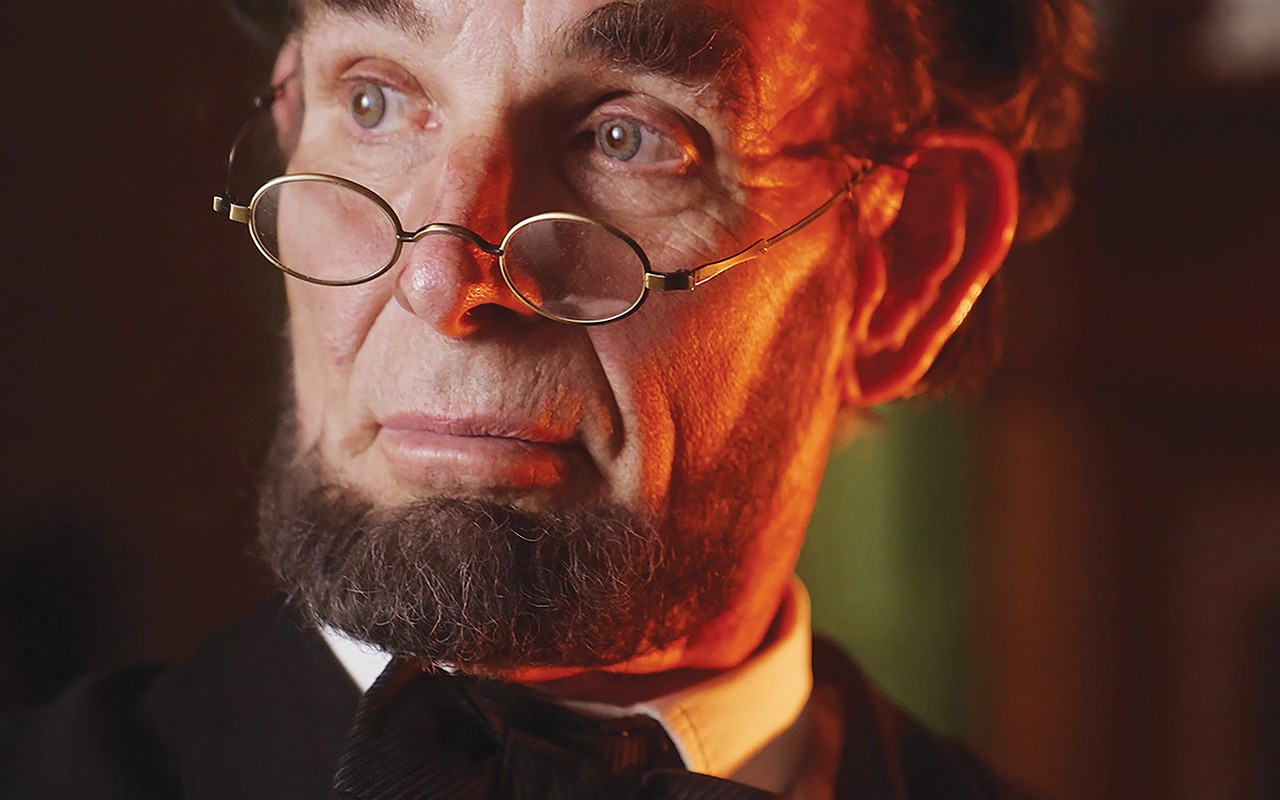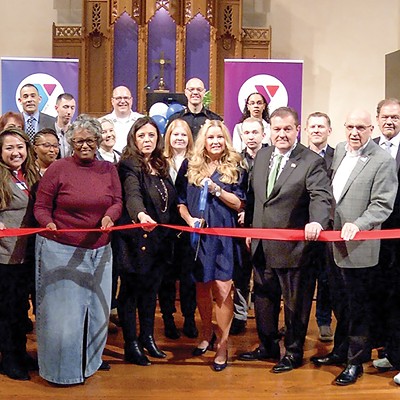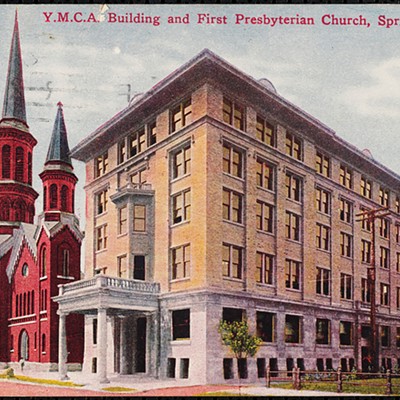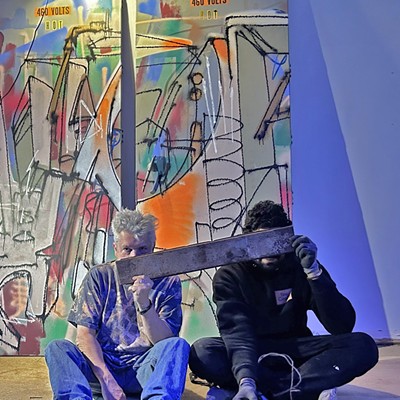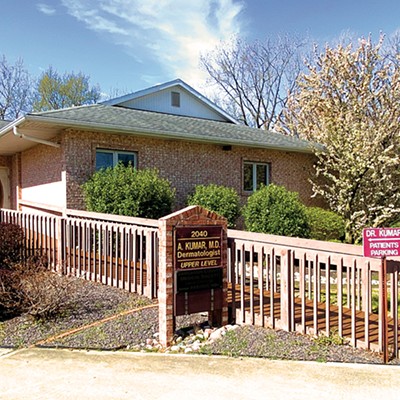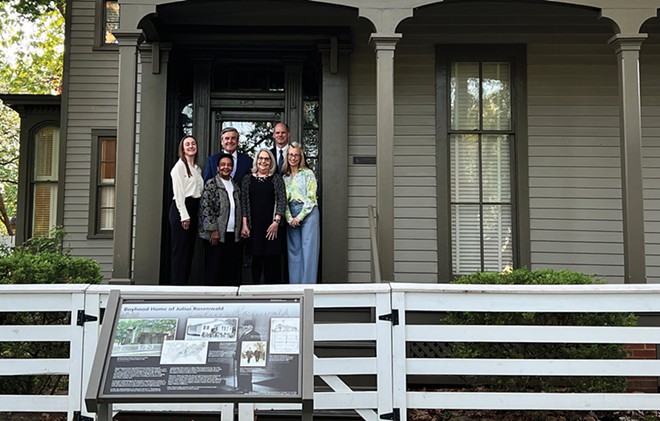
Give while you live. That was the mantra of Julius Rosenwald. He amassed a fortune as the president of Sears, Roebuck and Company. He used his wealth to create a remarkable legacy, providing a lead gift to found the Museum of Science and Industry in Chicago and funding schools for African Americans throughout the South. Rosenwald was born in Springfield in 1862 (when Lincoln was president) and as a child lived with his family on Eighth Street, across the street from the Lincoln Home.
Rosenwald had a tremendous social impact but is not well-known, including in his hometown of Springfield. That is about to change. The Lincoln Presidential Foundation and Lincoln Home NHS are working on developing exhibits to bring greater public awareness to the life and legacy of Julius Rosenwald.
The exterior of the Rosenwald house was restored in 1970-71, but the inside is not currently open to the public. Interpretive planning and design for exhibits and a multimedia component are now underway with funding from a National Park Foundation Immersive Storytelling grant. Historians are researching Rosenwald history and interviewing people with family connections. Fundraising is also underway for exhibit fabrication. The project is especially significant because the Rosenwald House is the first building named for a Jewish American in a unit of the NPS. The Jewish Federation of Springfield is responsible for installing a large mural of Rosenwald on the parking garage at Capitol and Sixth Streets, which is readily visible from Seventh Street.
Rosenwald's father, Samuel, came to Springfield to work in a family clothing store and soon became president of the family's Jewish place of worship, B'rith Sholom. Julius was deeply consecrated to the Jewish faith. Rosenwald dropped out of Springfield High School when he was 17 to work at his uncle's New York City wholesale clothing company. That experience led to him working with Sears, Roebuck and Company in Chicago where he became president and chairman of the board. He established the "satisfaction guaranteed or your money back" pledge.
Rosenwald once said he had more money than he could ever spend. So, he gave it away. He was a founder of the forerunner of the Jewish Federation of Metropolitan Chicago. More than half of his philanthropic contributions benefited African Americans. He was responsible for building a "Colored Men's YMCA" in the Bronzeville District of Chicago in 1913 and offered challenge grants to cities across the country to build YMCAs for African Americans. Rosenwald donated millions of dollars to build schools for African American children in the segregated South. To receive funding, he required contributions from local tax funds and the local African American communities. From 1917-1932, more than 5,000 Rosenwald schools were built in 15 states. – Karen Witter

